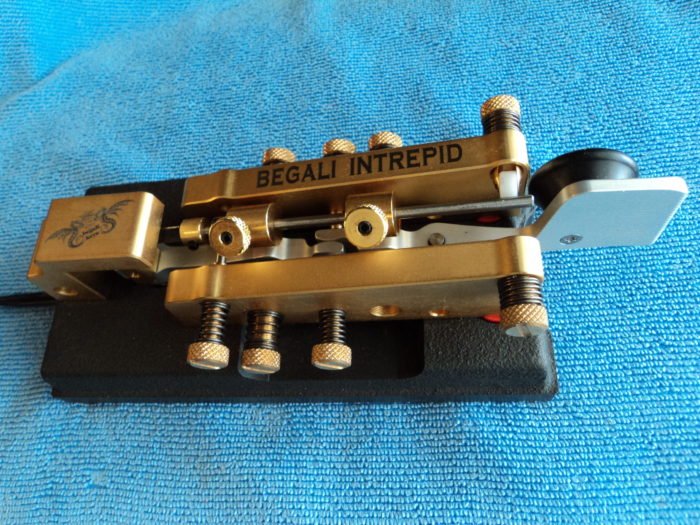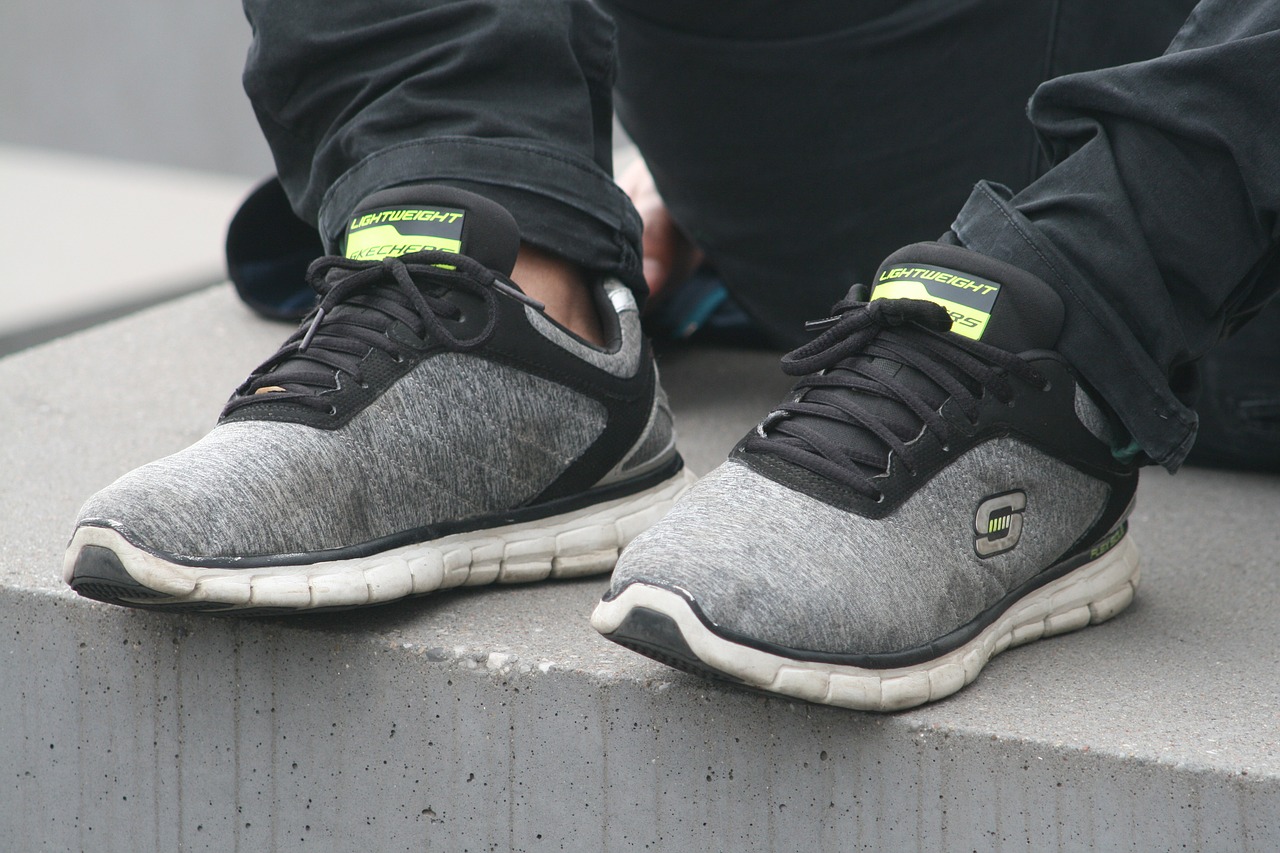Is 2,500 my magical COVID-19 number?
At my annual MS checkup a week ago, my neurologist included a SARS-CoV-2 antibody test. Antibodies are proteins in the blood that protect the body from being attacked by viruses, bacteria, and the like. In this case, the blood test was searching for antibodies that would protect me against the SARS-CoV-2 virus, the virus that causes COVID-19.
With two shots of the Moderna vaccine in my bloodstream since early March, I should have a bunch of antibodies, and I do. According to my test report from LabCorp, a result of 0.8 units per milliliter (U/mL) or higher indicates the presence of SARS-CoV-2 antibodies. My test result was greater than 2,500 U/mL. An article written by the manufacturer of one antibody test reports that this number indicates a very robust vaccination response. So, should I consider myself protected against SARS-CoV-2?
Reading the antibody test fine print
Probably, but not certainly. My test results caution that “it is yet undetermined what level of antibody to SARS-CoV-2 spike protection correlates to immunity against developing symptomatic SARS-CoV-2 disease.” And the U.S. Food and Drug Administration has issued a strong statement that “antibody tests should not be used at this time to determine immunity or protection against COVID-19 at any time, and especially after a person has received a COVID-19 vaccination.”
Darn!
Antibodies may not be the only protection
Does it really matter how high an antibody level I have? Immunologist Dan Barouch of Harvard Medical School says probably not and points to a study being done at the school.
“In this study, we define the role of antibodies versus T cells in protection against COVID-19 in monkeys,” Barouch said. “We report that a relatively low antibody titer [the concentration of antibodies in the blood] is needed for protection.”
Another article, this one on the Children’s Hospital of Philadelphia website, agrees with Barouch’s assessment. It points to the fact that scientists have not yet identified a “correlate of protection” for the COVID-19 vaccines. This is “a quantity of specific antibodies above which a person is protected against an infection and below which protection is uncertain.” It also points to evidence that some types of T-cells can affect a person’s course of a SARS-CoV-2 infection. And it agrees that “getting an antibody test to see if the vaccine worked is not as helpful as it would appear.”
I’m confident, but I’m still careful
So much for that 2,500 score on my antibody test. I guess I’ll just feel confident in the efficacy of my Moderna vaccine, which the Centers for Disease Control and Prevention reports is more than 94% effective. But I’ll also keep washing, distancing, and masking where it’s appropriate, just to be safe.
(A version of this post first appeared as my column on the Multiple Sclerosis News Today website.)
(Image by Shafin Al Asad Protic from Pixabay.)



